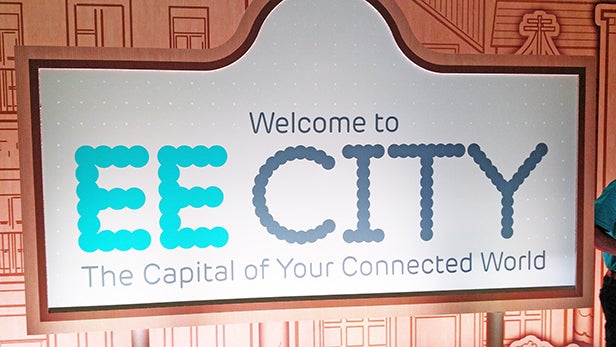EE eyes ‘virtual reality’, plans 1Gbps speed tests for 2016

Virtual reality is a burgeoning market, and everyone’s keen to capitalise on the trend.
EE is no exception, and says it’s aiming for ‘incredible speeds’ to help enable the impending VR takeover.
Speaking at an event right here in London, EE’s CEO revealed that the company was planning high-speed 4G tests as soon as next year.
“In the first half of 2016, we will be testing live 1Gbps throughput on our network,” said Olaf Swantee, chief executive at the company.
Swantee described how the tests would “deliver incredible speeds” and help consumers access applications “like virtual reality”.
Uploading and downloading virtual reality content requires fast internet speeds compared to standard, non-360 degree video.
EE already has its own 4G-friendly action camera, so setting this up to work and stream as a 360-degree VR rig would require a network that supports high-speed upload.
Swantee said the company was committed to “preparing for a 5G world where response times and latency are really, really essential”.
Related: Oculus Rift vs HTC Vive
He also revealed that the firm’s eventual aim was “to create a defect free network”, putting a stopper on connection dropouts indefinitely.
The high-speed tests are also in response to what Swantee describes as a “total shift in the way consumers use our network”.
According to the CEO, consumer data usage has grown 4 times since EE began offering 4G connectivity three years ago.
Do you think mobile internet speeds are good enough right now? Tell us your thoughts in the comments.
Check out our ‘Samsung Gear VR – Is this the future?’ video below:


